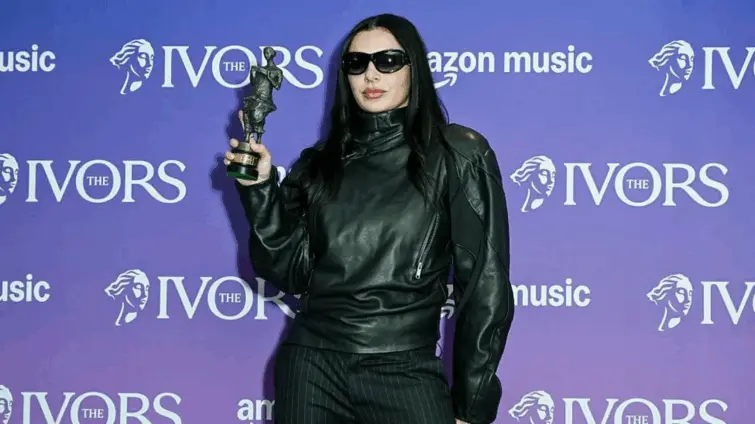Veteran actor Fred Amugi is calling on creatives within the government to take decisive action to transform the Ghana creative sector into a vibrant and globally competitive force. In a recent interview with Doreen Avio, Amugi passionately argued that those now in positions of authority, who previously criticized the sector’s shortcomings, must now implement tangible strategies for growth and progress. He referenced the successes of creative industries in America, India, and Nigeria, emphasizing the crucial role of storytelling and artistic expression in shaping national identity and driving economic development.
Amugi’s call to action highlights the challenges facing Ghana’s creative industry and underscores the potential for government creatives to lead meaningful change. The sector, brimming with talent and cultural richness, faces obstacles that hinder its progress, including limited resources, inadequate infrastructure, and a lack of cohesive policy support.
“What they used to complain about, this is the time to push and let it happen,” Amugi stated, referring to individuals who have transitioned from criticizing the creative sector to holding positions where they can influence policy and resource allocation. He recalled past difficulties in gaining media attention for creative projects, underscoring the need for enhanced promotion and support mechanisms.
Amugi emphasizes that government creatives have a responsibility to foster a more supportive ecosystem for artists. This includes enacting policy changes that prioritize local content, nurture artistic innovation, and tackle systemic issues that impede growth. He points to America, India, and Nigeria as examples of nations where the creative sector significantly bolsters national identity and economic prosperity. “The so-called concepts that we’re talking about are the very things that have made America, India, and Nigeria what it is today because the man on the stage, the man before the camera is telling a story of nature,” Amugi noted.
These countries have strategically invested in infrastructure, talent development, and international promotion, creating thriving creative economies. Ghana possesses a rich cultural heritage that can be harnessed for creative expression, but replicating such success requires a concerted effort. Amugi envisions a collaborative approach where government officials, artists, and private sector investors work together to build a better future for Ghana’s creative sector.
“Everybody must put his hand on the wheel, especially the James Gardiner’s, the Kafui, and co, this is the time to put things we all used to talk about negatively to make them positive,” he urged, emphasizing the need for unity and collaboration among all stakeholders.
Specific actions are needed to foster a more supportive and productive environment. These include mentorship programs, knowledge-sharing initiatives, and strategies for promoting Ghanaian arts and culture both locally and internationally. By investing in the next generation of creative leaders and providing them with the resources and opportunities they need to succeed, Ghana can unlock the full potential of its creative sector.
Amugi’s passionate call serves as a critical reminder of the untapped potential within Ghana’s creative sector. By urging government creatives to address past grievances, draw inspiration from global success stories, and foster collaboration, Amugi envisions a future where Ghana’s artistic talent flourishes and contributes significantly to the nation’s identity and economy. The responsibility lies with those in positions of power to drive meaningful change in the Ghana creative sector.
Image Source: MYJOYONLINE





















